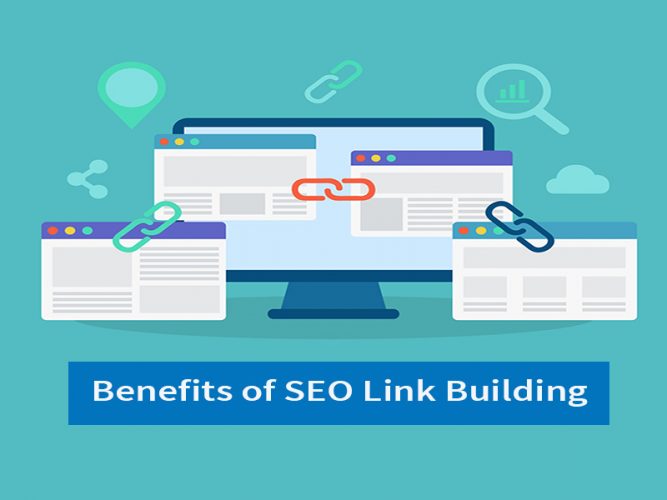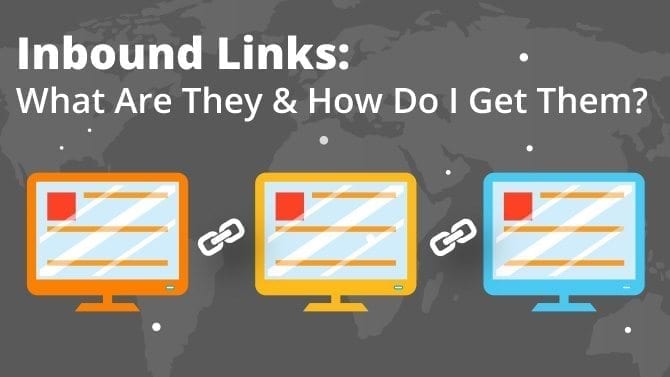
In the vast digital landscape, SEO marketing is akin to a treasure hunt. The ultimate prize? A coveted spot on the first page of search engine results. One of the most powerful tools in your SEO arsenal is the humble backlink. But what makes backlinks so crucial, and how can they boost your SEO marketing efforts? Let's dive in and explore the intricate world of backlinks.
The Importance of Backlinks in SEO Marketing
Backlinks, also known as inbound links, are like votes of confidence from other websites. They signal to search engines that your content is valuable and relevant. But not all backlinks are created equal. The quality of your backlinks matters just as much as the quantity.
Understanding Link Quality
Link quality is determined by several factors, including the domain authority of the linking site. Think of domain authority as a website's reputation. A backlink from a high-authority site, like The New York Times, carries more weight than one from a low-authority site. Tools like Moz's Domain Authority can help you assess the authority of a site.
The Role of Anchor Text
Anchor text is the clickable text in a hyperlink. It provides context to search engines about the content of the linked page. For example, if a site links to your page with the anchor text "best SEO practices," it tells search engines that your page is relevant to that topic.
Link Relevance: Why It Matters
Link relevance is another crucial factor. A backlink from a site in your industry or niche is more valuable than one from an unrelated site. Relevant backlinks help search engines understand your content better and can significantly boost your rankings.
Building High-Quality Backlinks
Building high-quality backlinks is a strategic process that requires time and effort. Here are some effective strategies to help you get started:
Guest Blogging
Guest blogging involves writing articles for other websites in your niche. This not only helps you build backlinks but also exposes your brand to a new audience. Make sure to choose high-authority sites and include relevant anchor text in your links.
Broken Link Building
Broken link building involves finding broken links on other websites and suggesting your content as a replacement. This strategy can be highly effective, as webmasters are often eager to fix broken links. Tools like Ahrefs can help you find broken links.
Infographics
Infographics are a visually appealing way to present information. They are highly shareable and can generate a lot of backlinks. Create an engaging infographic and promote it on social media and relevant blogs.

Resource Pages
Resource pages are curated lists of links to valuable content. Finding resource pages in your niche and suggesting your content for inclusion can be a great way to build backlinks.
Avoiding Low-Quality Backlinks
While high-quality backlinks can boost your SEO, low-quality ones can harm it. Here are some types of backlinks to avoid:
Paid Links
Buying backlinks is against Google's guidelines and can result in penalties. Always focus on earning backlinks through legitimate methods.
Spammy Sites
Backlinks from spammy or low-quality sites can negatively impact your rankings. Always check the quality of a site before pursuing a backlink.
Irrelevant Sites
Backlinks from sites unrelated to your niche are less valuable and can dilute the relevance of your content in the eyes of search engines.
Monitoring Your Backlink Profile
Regularly monitoring your backlink profile is essential to maintain your SEO health. Tools like Google Search Console and SEMrush can help you track your backlinks and identify any potential issues.

Disavowing Bad Links
If you find low-quality or spammy backlinks pointing to your site, you can disavow them using Google's Disavow Tool. This tells Google to ignore these links when assessing your site.
Conclusion
Backlinks are a cornerstone of SEO marketing. They signal to search engines that your content is valuable and relevant, boosting your rankings and driving more traffic to your site. But building high-quality backlinks requires a strategic approach. Focus on earning links from authoritative, relevant sites, and avoid low-quality or spammy links. Regularly monitor your backlink profile to maintain your SEO health.
Ready to boost your SEO with backlinks? Start by identifying high-quality sites in your niche and reaching out to them with valuable content. Remember, quality over quantity is the key to successful backlink building.
FAQs
What are backlinks in SEO?
Backlinks, also known as inbound links, are links from other websites that point to your site. They are a crucial ranking factor in SEO, as they signal to search engines that your content is valuable and relevant.
How do backlinks help SEO?
Backlinks help SEO by improving your site's authority and relevance in the eyes of search engines. High-quality backlinks from authoritative, relevant sites can significantly boost your rankings and drive more traffic to your site.
What is link quality in SEO?
Link quality refers to the value of a backlink. It is determined by several factors, including the domain authority of the linking site, the relevance of the link, and the anchor text used. High-quality links are more valuable and can have a greater impact on your SEO.
How can I build high-quality backlinks?
You can build high-quality backlinks through strategies like guest blogging, broken link building, creating infographics, and targeting resource pages. Always focus on earning links from authoritative, relevant sites.
What should I do if I have low-quality backlinks?
If you have low-quality backlinks, you can disavow them using Google's Disavow Tool. This tells Google to ignore these links when assessing your site. Regularly monitoring your backlink profile can help you identify and address any potential issues.
Posting Komentar